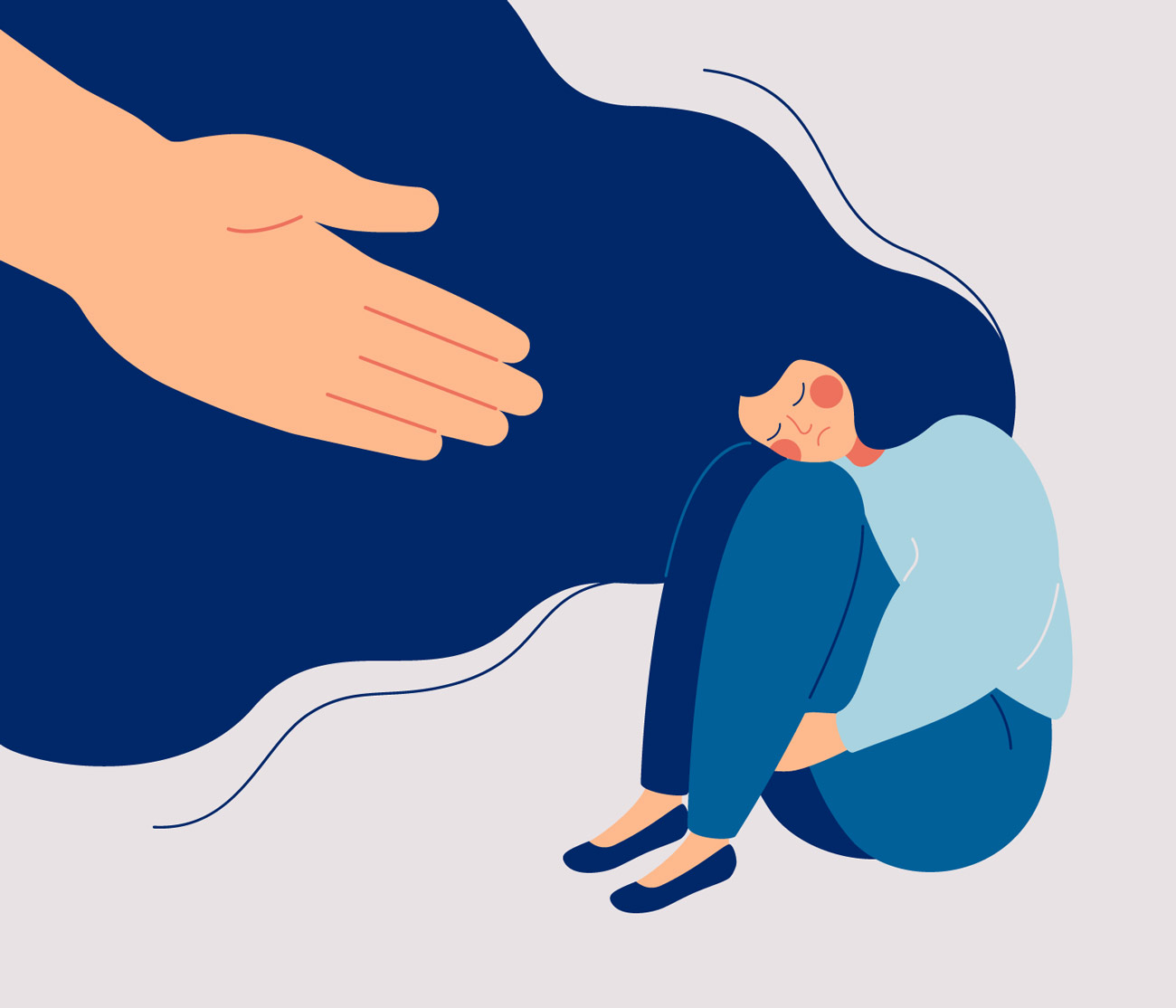
7 Things Psychiatrists Want You To Know About Depression
Depression can make you feel disconnected and as if you are alone, but that’s often not the case. Here, we reveal 7 things psychiatrists want you to know about depression.
1. Your depression doesn’t require an obvious reason
“Although depression can be brought on by the death of a family member or friend, physical illness, losing your job, or any similarly unpleasant situation, it can also manifest under circumstances unrelated to a typically upsetting event. Depression can arise as a side effect of certain medication, if you have a parent who also has depression, if you’ve experienced childhood trauma, if you misuse drugs and alcohol, if you have certain personality traits such as low self-esteem, or any number of other reasons. You can also experience depression after giving birth, which is known as postnatal depression.” explains Dr Rafael Euba, Consultant Psychiatrist at The London Psychiatry Centre.
2. Depression can sometimes be confused with sadness
We all experience sadness at some point in our lives. Although it’s not a very nice feeling, sadness is a normal emotion that may occur in reaction to any number of events, big or small. You might feel sad for five minutes, or even a few days – there’s no limit to how long you’re ‘allowed’ to feel sad for. However, there’s a general acceptance that feeling sad and low for much longer than usual, to the point where it impacts your daily life, can mean that you have depression.
3. Sadness is not always a symptom of depression
Although sadness is a common symptom, it does not always have to occur in a case of depression. There are many other symptoms that can be experienced, either in addition to, or in the absence of sadness. This includes:
- Having low self esteem
- Feeling irritable and intolerant
- Being uninterested in things that you were once excited about
- Having no motivation
- Being especially indecisive
- Feeling anxious or worried
- Having suicidal thoughts or feeling the need to self-harm
- Being distracted and unable to concentrate
4. There are physical symptoms of depression, too
Some people believe that depression isn’t a real disease, or that it’s all in the mind. They’re wrong. Depression is a very real illness that, as well as its mental symptoms, can also bring about physical symptoms. These can include:
- Changes in weight or appetite
- Low sex drive
- Constipation
- Stomach aches
- Lack of energy
- Changes to the length of your menstrual cycle, or missed periods
- Having difficulty sleeping
5. There are various degrees of depression
There’s no catch-all description for depression. Different people will have different symptoms, as explained above, and there are also different levels of these symptoms and how they impact your life. Although we must be careful not to create boxes in which people with depression must fit, there is a rough way of categorising the level of depression you have: Mild depression has some impact on your daily life; moderate depression has significant impact on your daily life; and severe depression may mean that you find it impossible to cope with daily life. That said, there is no ‘bar’ for seeking help; professional help is available for any degree of depression.
6. You don’t necessarily have to take antidepressants help you get better
Antidepressants are just one of many treatments for depression, and they are not prescribed to every patient that a psychiatrist sees. If antidepressants are prescribed, they are often used in tandem with therapy; this is because medication alone does not address the cause of depression.
Other treatments for depression vary depending on the severity of the illness, and include exercise, self-help books or groups and mental health apps for mild depression; cognitive behavioural therapy (CBT) and counselling for moderate to severe depression; and repetitive transcranial magnetic stimulation (rTMS).
7. You are not alone
There are many people in the same position as you, with similar causes and symptoms to their depression. As well as online help, counselling groups, and family and friends, you also have the option of seeking medical help at any time.
Our specialists at The London Psychiatry Centre are on hand to help you understand more about your depression and get your mental health back on track. We offer effective treatments for depression, as well as a number of other mental illnesses and disorders.
We look forward to helping you take that first step towards better mental health. Call us now on 020 7580 4224 to book an initial consultation.


